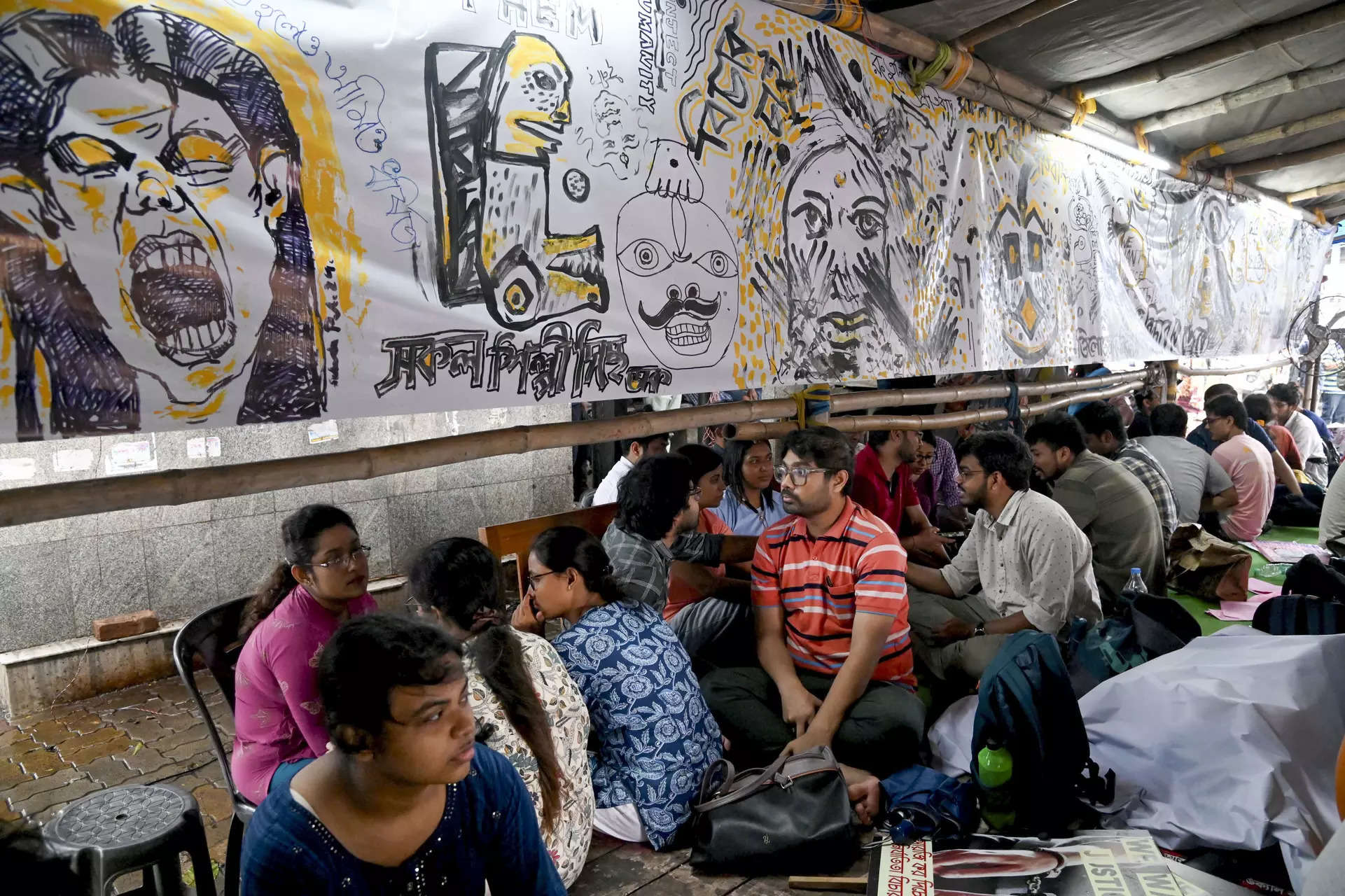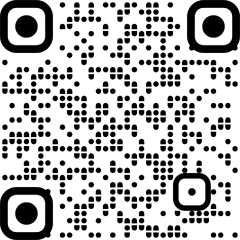
Jaipur: Asserting that “only a central Act can give some protection to every doctor and every clinic,” Dr RV Asokan, president of Indian Medical Association (IMA), on Saturday said models for a national law to protect doctors from violence were available, but political will was needed to bring such a law into force.
Asokan was in Bhilwara to attend a state-level IMA meet. He said IMA had already given suggestions to the national task force (NTF) formed on the directions of Supreme Court. The NTF was established in response to the rape and murder of a trainee doctor at Kolkata’s RG Kar Hospital. It was tasked with recommending ways to improve safety and working conditions of medical professionals.
“We have appeared before the NTF thrice so far. We have given documents to SC addressing mainly two issues: safety measures in hospitals, and working conditions of resident doctors,” said Dr Asokan.
Dr Asokan stressed on importance of security in smaller hospitals. “All focus is on addressing security issues in large hospitals, but the issue of security in remote hospitals, clinics, small hospitals of 5 to 10 beds, is not addressed. That is why we are telling the Centre there is a need for a central Act,” Dr Asokan told TOI.
He said the Centre already has models for a stricter law. “There are two models-one was formed last year following the murder of a doctor in Kerala, Vandana Das. She was killed by a criminal. After the incident, the Kerala govt amended the Kerala Healthcare Service Persons and Healthcare Service Institutions (Prevention of Violence and Damage to Property) Act, 2012, bringing stricter provisions,” said Dr Asokan.
The Ministry of Health and Family Welfare (MoHFW) drafted Healthcare Services Personnel and Clinical Establishments (Prohibition of Violence and Damage to Property) Bill, 2019, to prevent violence against doctors and hospitals, he said. “But it did not come to Parliament. So, they (models) are available; the govt only needs political will to carry it out,” he said.
Dr Asokan said preventing violence in hospitals was a complex issue. “Expectations of patients have grown over decades regarding the capability of modern medicine. But it is not possible for a doctor’s treatment to be successful every time. Whenever there is an unfortunate death, especially a sudden death, there is always a feeling that doctors have not delivered properly or not worked properly. In the public sector, there is a lack of human resources and facilities as well,” the IMA chief said.







